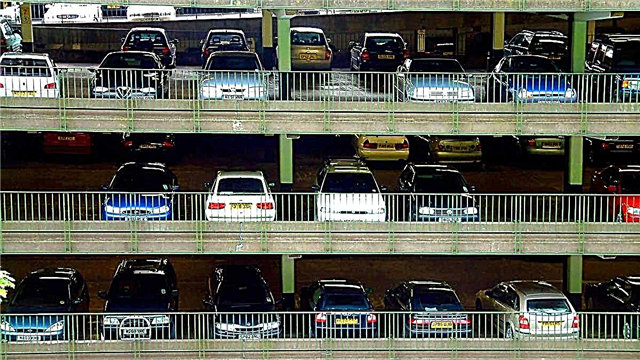Almost all pregnant women have their belly button protrude during pregnancy, but in some cases the belly button protrudes so much that it is considered a rupture or "umbilical hernia". This condition, which also occurs in newborns and young children, rarely causes problems or requires surgery. Here's what you need to know about the causes, symptoms, and how to deal with it.
In this article we will try to answer the question "What to do if you have an umbilical hernia, what are the symptoms and the correct treatment."
What causes an umbilical hernia during pregnancy?
During the second and third trimesters, the expanding uterus presses on the abdomen. This pushes the belly button out, causing many pregnant women to go from "petite" to "weekend". But if the belly button protrudes strongly, it may indicate that tissues or organs have passed through a weakened opening in the abdominal wall, a phenomenon known as an umbilical hernia.
Factors that increase the likelihood of an umbilical hernia include weak abdominal muscles, obesity, multiple pregnancies, previous abdominal surgery, abdominal fluid, natural separation of the abdominal muscles, chronic cough, and a personal or family history of hernias.
Umbilical hernia in pregnant women symptoms: Photo
Symptoms of an umbilical hernia
Some women have no signs of an umbilical hernia. But others have symptoms that include:
- Bulge near the umbilicus. The size of this bulge can vary from grape to grapefruit. It usually goes away when you lie down and swells up when you sit, cough, or use the bathroom. Some women may see this bump, while others may not.
- Pressure near the navel
- Dull pain aggravated by exertion
- Constipation and nausea, especially with severe hernias
Umbilical hernias are diagnosed during routine prenatal visits. Your doctor should notice a hernia and, if necessary, take steps to repair it.
What to do with an umbilical hernia
If you think you have an umbilical hernia, talk to your doctor. In most cases, doctors can push it back with a lot of pressure and your "innie" should come back after your baby is born.
However, in rare cases, a hernia can become lodged in the abdominal wall. This can damage your organs (especially your intestines) and cut off your blood supply. Correction may require minor laparoscopic surgery with small incisions. In less severe cases, you can wait until delivery, but your doctor may also perform surgery during pregnancy (usually in the second trimester). You can also have an umbilical hernia removed surgically during a caesarean section.
In the meantime, you can take these steps to deal with this condition.
- Avoid constipation by staying hydrated and by eating high fiber foods. Constipation causes straining during bowel movements, which can aggravate a hernia.
- Do not lift anything heavy; the extra pressure can widen your hernia.
- Avoid chafing by wearing loose, flowy shirts with low-rise trousers.



